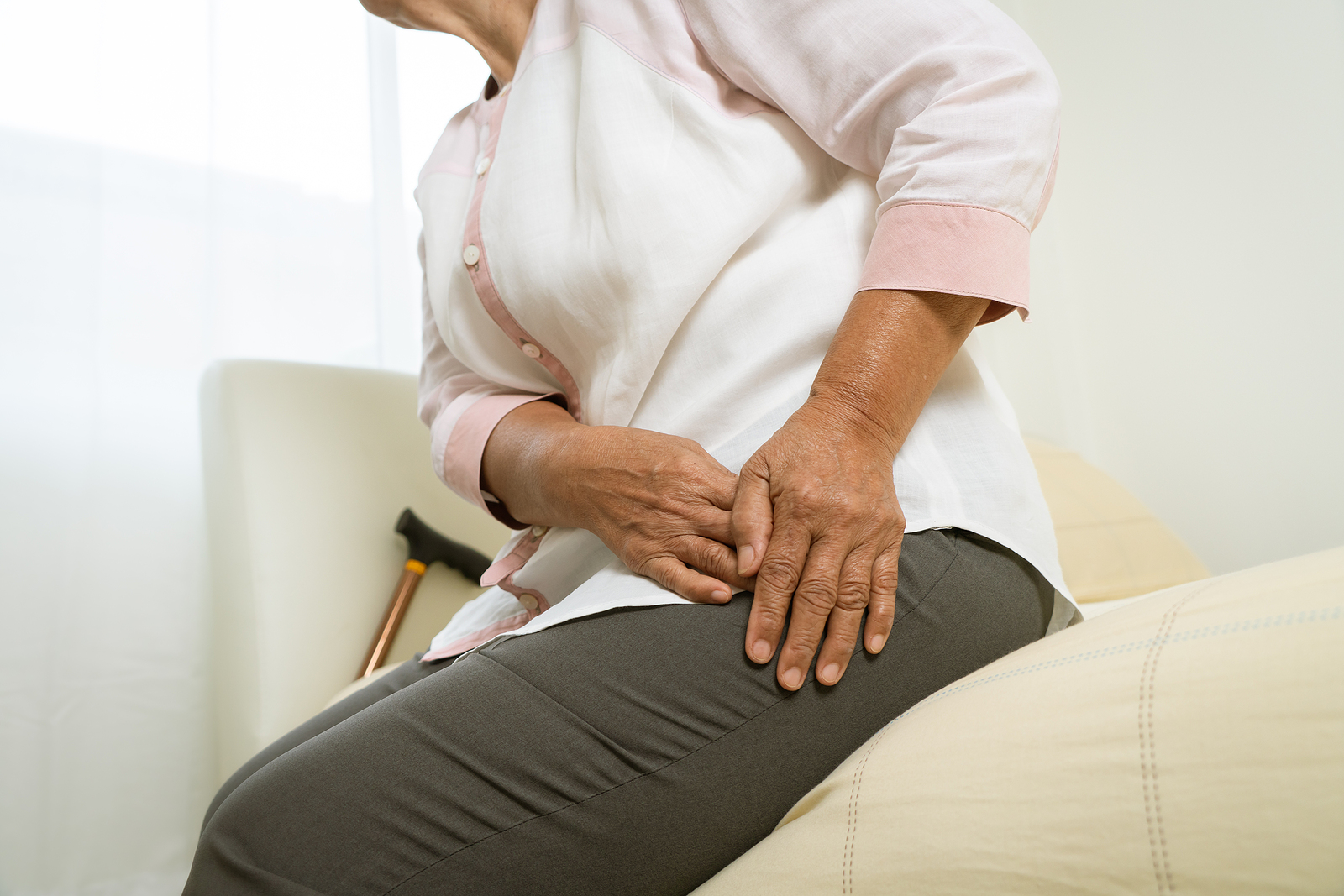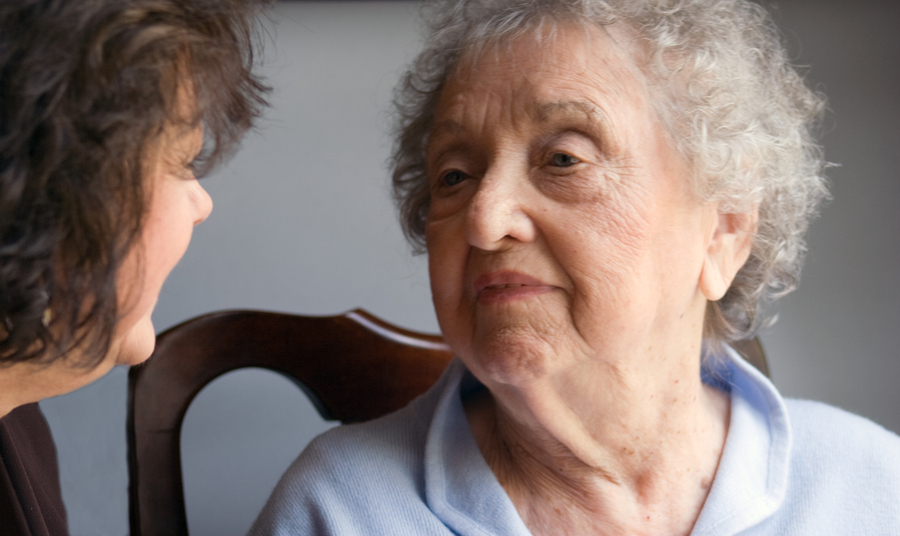Inflammation is often thought of as the body’s natural response to injury or infection—a temporary reaction that helps with healing. However, for many seniors, inflammation becomes a chronic companion that interferes with everyday activities. Understanding how inflammation develops and impacts daily tasks can help families recognize when additional support, such as home care, might be needed.
Why Inflammation Becomes Common with Age
The body undergoes many changes with age, and many of those changes can increase not only how often inflammation occurs but also how long it lasts. For instance, the immune system doesn’t function as efficiently as it once did, sometimes triggering inflammatory responses even when there’s no actual threat. Years of wear and tear on joints contribute to conditions like osteoarthritis, where inflammation becomes a constant presence. Additionally, lifestyle factors—such as diet, stress levels, and previous injuries—can lead to persistent inflammation.
Chronic conditions that become more prevalent with age, including diabetes, heart disease, and autoimmune disorders, also fuel the inflammatory cycle. Even factors like reduced physical activity and changes in sleep patterns can keep inflammation levels elevated. The result is that many seniors find themselves dealing with swelling, stiffness, and discomfort that doesn’t simply go away with rest.
The Daily Challenges Inflammation Creates
When inflammation settles into joints and muscles, tasks that once seemed simple become significantly harder. Morning stiffness might mean spending extra time on getting dressed, as swollen hands make buttoning shirts more challenging. Add to that the need to open medication bottles or prepare breakfast and many seniors become frustrated even before their day starts. Additionally, inflamed knees and hips turn walking to the bathroom or climbing stairs into painful ordeals.
The impact extends beyond physical limitations. Chronic inflammation often brings fatigue that makes even light activities feel exhausting. Seniors might find themselves choosing between taking a shower and having enough energy to make lunch. Social activities are postponed because the thought of getting ready and traveling feels overwhelming. This gradual withdrawal from normal routines can affect mental health and overall quality of life.
Finally, household tasks might also fall to the wayside. Vacuuming requires bending and reaching that can aggravate inflamed joints, while doing laundry means lifting heavy baskets and repeatedly bending to load machines. Even grocery shopping involves walking, reaching, and carrying that can trigger flare-ups lasting for days.
How Home Care Makes a Difference
Home care providers can handle the physical tasks that aggravate inflammation, from housekeeping and meal preparation to assistance with personal care. Even better, having someone help with morning routines means seniors can take their time without rushing through painful movements.
Beyond physical assistance, caregivers provide crucial support in managing inflammation. They can help ensure medications are taken on time, prepare anti-inflammatory meals rich in nutrients, and encourage gentle movement that keeps joints from becoming too stiff. They also notice changes in inflammation levels and can alert family members or healthcare providers when symptoms worsen.
Ultimately, home care allows seniors to maintain their independence and dignity while getting the help they need. Rather than struggling alone or moving to a facility, they can remain in familiar surroundings with support that adapts to their changing needs. This balance makes it possible for seniors to live comfortably despite the challenges inflammation brings to their daily lives.
Sources:
https://www.health.harvard.edu/topics/inflammation
https://www.webmd.com/healthy-aging/how-to-reduce-inflammation-as-you-age
If you or an aging loved one are considering home care in Minnetonka, MN, and the surrounding areas, please contact the friendly staff at CareBuilders at Home Minnesota. Call today 612-260-2273.









